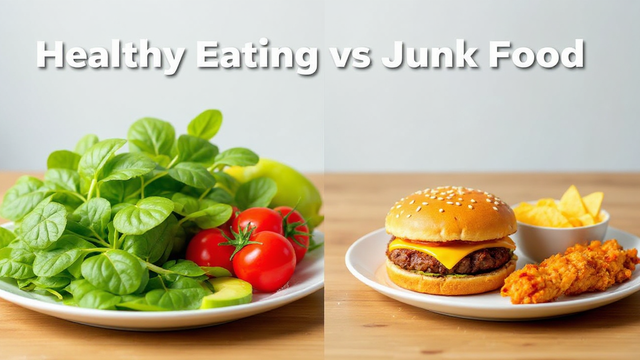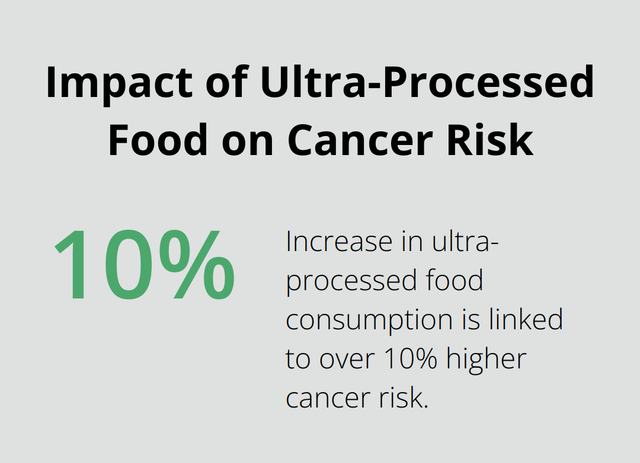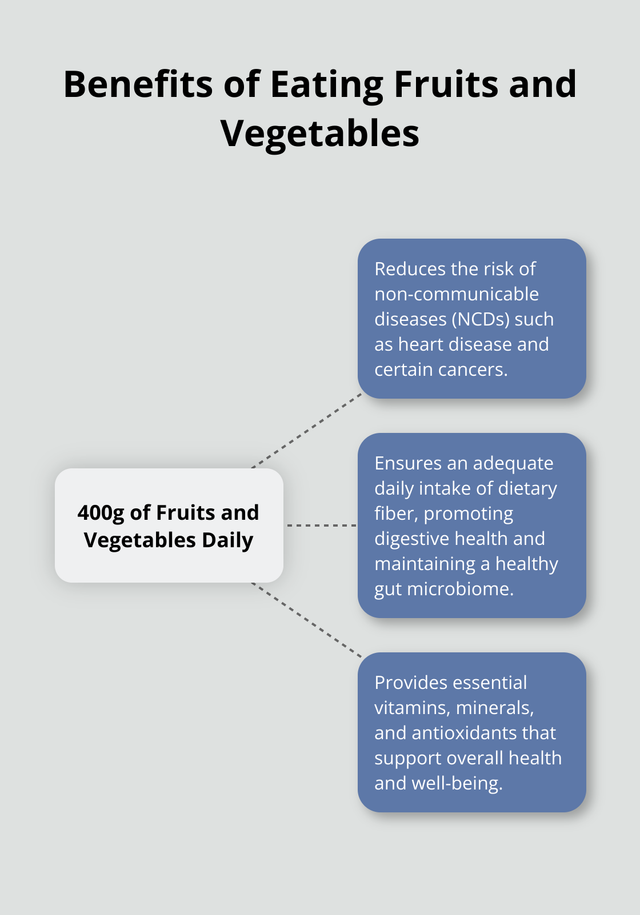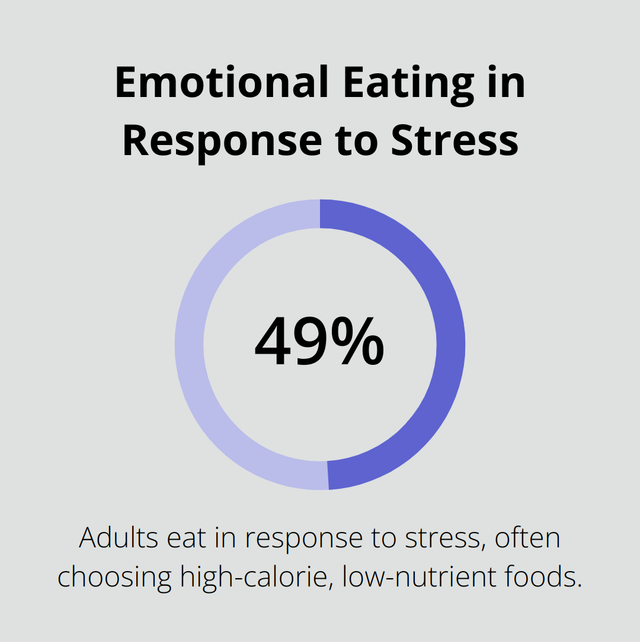Healthy Eating vs Junk Food: Your Complete Wellness Journey Guide
#HealthyEatingVsJunkFood,
#NutritionTips,
#HealthyRetirement,
#WeightManagement,
#CleanEating,
#WholeFoods,
#HealthyLifestyle,
#NutrientDense,
#WellnessJourney,
#HealthyAgingTips
Ready to turn any stage of life into your healthiest, most vibrant years? "My Story" in the "Helpful Pages" page that can be accessed below reveals exactly how I went from struggling with health challenges to living my best life - and how true wealth starts with wellness.
I'll share the proven healthy lifestyle strategies that helped me lose weight, boost energy, and discover what healthy living really looks like at any age. No fluff - just real results from someone who understands that health is your greatest asset.
Plus, don't miss the "Healthy Products" page you can access below - find the exact supplements, fitness tools, and wellness products I personally used during my weight loss journey and continue using to maintain my healthiest lifestyle.
Ready to see what's possible? Please check out the selections in the drop-down lists below for more information - I am glad you are here!!
Helpful Pages - https://healthyretirementstrategies.blogspot.com/p/helpful-pages.html
Healthy Products - https://healthyretirementstrategies.blogspot.com/p/healthy-products.html
Additional Posts - https://healthyretirementstrategies.blogspot.com/p/additional-posts.html
Healthy Eating vs Junk Food: Essential Guide for Healthy Aging
At Healthy Retirement Strategies, we know that the food choices we make have profound impact on our health and well-being
'The debate between healthy eating vs junk food is more relevant than ever, especially as we age and aim to maintain our vitality. Your wellness journey begins with understanding how nutrition affects every aspect of your life. - https://www.google.com/search?ved=1t:260882&q=healthy+eating+vs+junk+food&bbid=7450426769271877144&bpid=2146983421561586619
This blog post will explore the key differences between nutritious foods and processed junk, examining their effects on our physical health, mental state, and overall quality of life.
What's Really in Your Food?
Macronutrients: The Building Blocks
At Healthy Retirement Strategies, we know that understanding the nutritional content of your food empowers you to make informed choices.
Let's examine the key differences between healthy foods and junk foods.
Healthy foods contain complex carbohydrates, lean proteins, and healthy fats. A serving of quinoa provides about 8 grams of protein and 39 grams of complex carbohydrates. In contrast, a typical fast-food burger might contain 30 grams of fat(with a significant portion being unhealthy saturated fats). -
https://newsinhealth.nih.gov/2023/08/breaking-down-food
Junk foods often contain simple carbohydrates and unhealthy fats. A 12-ounce can of soda contains about 39 grams of sugar, which exceeds the American Heart Association's recommended daily limit for men (36 grams) and women(25 grams).
Micronutrients: The Hidden Heroes
Whole foods pack essential vitamins and minerals. A medium-sized sweet potato provides over 400% of your daily vitamin A needs. Junk foods often lack crucial micronutrients. -
A study in the Journal of American Dietetic Association found that for every 5% increase in ultra-processed food consumption, overall dietary quality decreased, including lower intakes of fiber, vitamins C, D and B12. -
Fiber: Your Digestive System's Best Friend
Whole grains, fruits, and vegetables contain abundant fiber, while processed junk foods largely lack it. A cup of raspberries contains 8 grams of fiber, while most candy bars contain less than 1 gram. -
The National Healthy and Nutrition Examination Survey (NHANES) data shows that only 5% of Americans meet the recommended daily intake of fiber. Higher fiber intake can improve digestive health, lower cholesterol levels, and control blood sugar better.
The Impact on Your Body
The nutritional differences between healthy foods and junk foods significantly affect your body. Nutrient-dense foods provide sustained energy, support immune function, and promote overall well-being. On the other hand, junk foods can lead to energy crashes, nutrient deficiencies, and increased risk of chronic disease. -
https://healthyretirementstrategies.blogspot.com/2025/07/easy-budget-meals-for-healthy-eating.html
A study published in the British Medical Journal found that a 10% increase in ultra-processed food consumption was associated with a significant increase of greater than 10% in risks of overall and breast cancer. This underscores the importance of choosing whole, unprocessed foods for long-term health. -
https://www.bmj.com/content/360/bmj.k322
As we transition to discussing the impact on physical health, it's clear that the nutritional content of our food choices play a vital role in shaping our overall well-being and longevity.
How Your Diet Shapes Your Health
The Weight Management Equation
Your food choices directly impact your weight management. A study in the New England Journal of Medicine revealed that participants who increased their consumption of fruits, vegetables, and whole grains while reducing sugary beverages and processed meats lost an average of 4 pounds over a 4-year period. Conversely, those who increased their intake of potato chips and sugar-sweetened beverages gained an average of 3 pounds. -
To maintain a healthy weight, you should prioritize nutrient-dense foods. For example, a cup of strawberries contains only 50 calories but provides 3 grams of fiber and 100% of your daily vitamin C needs. In contrast, a small bag of potato chips (1 ounce) contains about 150 calories with minimal nutritional value. -
Fueling Your Body and Mind
The foods you consume significantly influence your energy levels and mood. Complex carbohydrates found in whole grains provide a steady release of energy throughout the day. A study in the American Journal of Clinical Nutrition demonstrated that individuals who ate a high-fiber, low-glycemic breakfast reported feeling fuller and more alert throughout the morning compared to those who consumed a high-sugar breakfast. -
Omega-3 fatty acids, found in fatty fish like salmon, link to improved mood and reduced risk of depression. The American Heart Association recommends eating fish (particularly fatty fish) at least two times a week. -
The Long-Term Health Picture
Your dietary habits have far-reaching effects on your long-term health. A large-scale study found that a poor diet causes more deaths globally than any other risk factor. High intake of sodium, low intake of whole grains, and low intake of fruits were the leading dietary risk factors for deaths and DALYs (Disability-Adjusted Life Years (DALYs)) globally and in many countries. - https://www.google.com/search?ved=1t:260882&q=poor+diet+consequences&bbid=7450426769271877144&bpid=2146983421561586619
Specifically, a diet high in processed foods and low in fruits, vegetables, and whole grains increases your risk of chronic diseases. The World Health Organization reports that eating at least 400 g, or five portions, of fruit and vegetables per day reduces the risk of NCDs and helps to ensure an adequate daily intake of dietary fiber. - https://www.who.int/news-room/fact-sheets/detail/healthy-diet
To reduce your risk of chronic diseases, you should fill half your plate with fruits and vegetables at each meal. The USDA's MyPlate guidelines recommend this approach for optimal nutrition and disease prevention. - https://www.google.com/search?ved=1t:260882&q=MyPlate+guidelines&bbid=7450426769271877144&bpid=2146983421561586619
The Mind-Body Connection
Your food choices not only affect your physical health but also your mental well-being. Research has shown that a diet rich in whole foods, lean proteins, and healthy fats can improve cognitive function and reduce the risk of mental health disorders. On the other hand, a diet high in processed foods and added sugars has been linked to increased risk of depression and anxiety. -
The gut-brain axis (the communication system between your digestive tract and your brain) plays a significant role in this connection. A healthy diet promotes a diverse gut microbiome, which in turn supports better mental health. Probiotic-rich foods like yogurt, kefir, and sauerkraut can contribute to a healthier gut and, consequently, a healthier mind. - https://www.google.com/search?ved=1t:260882&q=define+gut-brain+axis&bbid=7450426769271877144&bpid=2146983421561586619
As we explore the psychological and social aspects of food choices in the next section, we'll uncover how our eating habits influence our mental state and social interactions beyond just physical health.
How Food Affects Your Mind and Social Life
The Emotional Eating Challenge
Food choices impact mental health, social interactions, and self-perception. Emotional eating presents a common challenge. A study in the Journal of Health Psychology revealed that 49% of adults eat in response to stress, often leading to overconsumption of high-calorie, low-nutrient foods.
To address emotional eating, you can keep a food diary. The American Journal of Preventive Medicine reports that individual's who maintained daily food records lost twice as much weight as those who didn't. The simple awareness technique helps identify triggers and promotes healthier choices.
Navigating Social Eating
Social situations often challenge healthy diet maintenance. The National Center for Health Statistics found that adults consume an average of 11.3% of their total daily calories from fast food, a percentage that increases in social settings.
You can plan ahead to navigate social eating. Check menus beforehand and decide on a healthy option. The Centers for Disease Control and Prevention suggests that selecting a meal with at least one serving of fruits or vegetables significantly improves the nutritional value of dining out experiences.
Diet and Self-Image Connection
Food choices significantly impact self-esteem and body image. A recent study found that active adolescents reported higher scores in basic psychological needs and life satisfaction compared to their less active peers.
To enhance self-image through diet, focus on nutrient-dense foods. The Harvard T.H. Chan School of Public Health recommends filling half of your plate with fruits and vegetables at each meal. This practice not only provides essential nutrients but can also improve your relationship with food and your body.
The Power of Mindful Eating
Mindful eating practices can transform your relationship with food. Mindful eating generally refers to the application of mindfulness techniques to eating, which involves nonjudgmental awareness of internal and external cues.
Try incorporating mindfulness techniques into your meals. This might include eating without distractions (such as TV or smartphones), chewing slowly, and paying attention to the flavors and textures of your food. These practices can enhance your enjoyment of meals and promote better digestion.
Building Healthy Food Traditions
Food plays a central role in many social and cultural traditions. You can create new, healthier food traditions that support both your physical health and social connections. For example, you might start a weekly potluck with friends where everyone brings a nutritious dish, or establish a family tradition of trying a new vegetable recipe each month.
These practices not only promote healthier eating habits but also strengthen social bonds and create positive associations with nutritious foods. The social aspect of eating remains important, and finding ways to make it healthier can significantly impact your overall well-being.
Clean Eating and Healthy Aging Tips for Your Wellness Journey
Understanding Clean Eating
Clean eating forms the foundation of a healthy lifestyle, especially as we age. Clean eating means choosing minimally processed, whole foods in their most natural state. This approach eliminates artificial ingredients, excessive sodium, and added sugars that contribute to health problems.
For older adults, clean eating offers particular benefits. It helps maintain cognitive function, supports bone health, and reduces inflammation associated with chronic conditions. Simple clean eating principles include shopping the perimeter of grocery stores, reading ingredient labels, and preparing meals at home whenever possible.
Essential Healthy Aging Tips Through Nutrition
Your wellness journey through retirement requires specific nutrition strategies. Here are proven healthy aging tips to incorporate into your daily routine.
Prioritize Protein: As we age, maintaining muscle mass becomes crucial. Include lean proteins like fish, chicken, beans, and Greek yogurt at every meal to support strength and mobility.
Stay Hydrated: Thirst signals diminish with age. Aim for 8 glasses of water daily to support kidney function, digestion, and cognitive performance.
Boost Calcium and Vitamin D: These nutrients protect bone health. Include dairy products, leafy greens, and fortified foods in your clean eating plan.
Choose Anti-Inflammatory Foods: Fatty fish, nuts, and olive oil combat inflammation and support brain health throughout your wellness journey.
Reduce Sodium Intake: Clean eating naturally reduces sodium consumption. Limit processed foods and season meals with herbs and spices instead of salt.
Making Your Wellness Journey Sustainable
A successful wellness journey isn't about perfection - it's about progress. Start with one clean eating habit at a time. Perhaps begin by replacing processed snacks with fresh fruits, or commit to cooking one extra home-cooked meal each week.
Track your progress and celebrate milestones. Your wellness journey is personal, and these healthy aging tips should fit your lifestyle and preferences. Remember that consistency matters more than intensity when building a healthy lifestyle that lasts.
Click the following link to see my Healthy Eating Story and how I continue to follow it in living a healthy lifestyle. - https://www.google.com/search?ved=1t:260882&q=define+gut-brain+axis&bbid=7450426769271877144&bpid=2146983421561586619
Final Thoughts
The debate of healthy eating vs. junk food impacts long-term health and quality of life. Nutritious whole foods offer numerous benefits, including weight management, sustained energy, and reduced chronic disease risk. A balanced diet improves mental well-being, boosts self-esteem, and enhances social interactions.
Healthy Retirement Strategies encourages you to incorporate more healthy foods into your diet and embrace clean eating principles. You can add an extra vegetable serving to meals, swap sugary snacks for fresh fruits, or try new whole grain recipes. Small, consistent changes on your wellness journey lead to significant health improvements. - https://healthyretirementstrategies.blogspot.com/
Building a healthy lifestyle takes time and patience. Celebrate small victories and focus on progress, not perfection. By applying these healthy aging tips and nutrition strategies, you're investing in your long-term health and setting the stage for a vibrant, active retirement. Your wellness journey begins today.




Full Post - https://healthyretirementstrategies.blogspot.com/2025/10/healthy-eating-vs-junk-food-your.html
My Website - https://healthyretirementstrategies.blogspot.com
Shopify Products – https://2ghppz-0a.myshopify.com
Amazon Products - https://healthyretirementstrategies.blogspot.com/p/affiliate-marketing-amazon.html
Clickbank Products - https://healthyretirementstrategies.blogspot.com/p/clickbank.html
DigiStore24 Products- https://healthyretirementstrategies.blogspot.com/p/affiliate-marketing-digistore24.html
Printify Products - https://living-healthy-everyday.printify.me/category/all/1